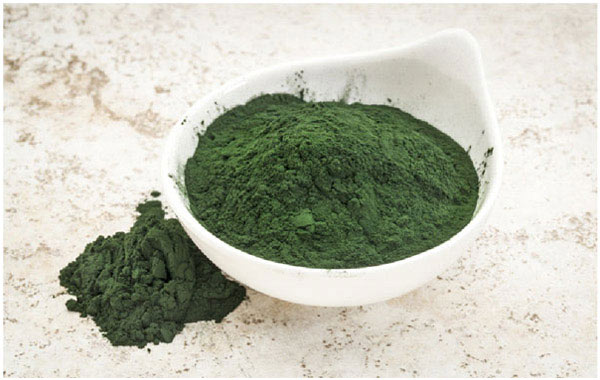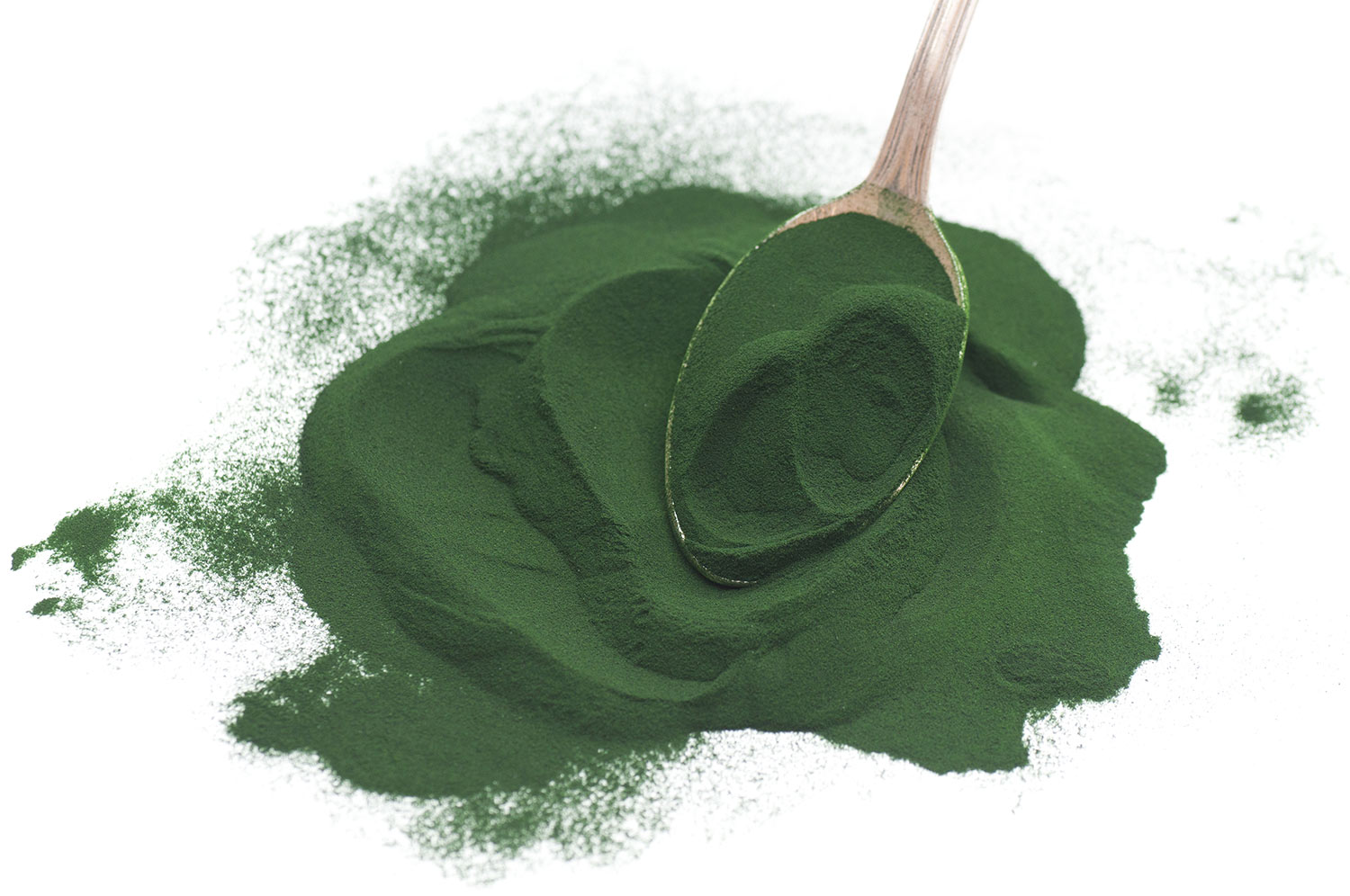There is a lot about “superfoods” because there are literally thousands of nutrient-dense superfood options from which to choose, all of which contain a unique array of disease-fighting vitamins, minerals, enzymes, and other healing components. But the one superfood that stands out among the rest — and the one that you should be taking every single day for your health — is spirulina, a special type of blue-green algae that is loaded with chlorophyll and a host of other life-giving nutrients.

Spirulina is particularly rich in:
1) infection-fighting proteins that have been scientifically shown to increase the production of disease-combating antibodies within the body. Since spirulina is composed of nearly 70 percent protein, the highest among all other foods, it is particularly effective at boosting the production of macrophages, a type of white blood cell that fights and prevents infection.
A recent study published in the Journal of Medicinal Food found that spirulina helps
2) inhibit allergic reactions as well, particularly among those suffering from allergic rhinitis. It turns out that regularly taking high doses of spirulina can help allergy sufferers experience dramatic improvements in their allergy symptoms.
As far as blood health is concerned, spirulina has been shown to be effective as a:
3) treatment for anemia. In his book Healing with Whole Foods: Asian Traditions and Modern Nutrition, author Paul Pitchford explains how spirulina and numerous other forms of micro-algae effectively boost production of red blood cells, particularly when taken in combination with vitamin B12.
4) blood purifier. Rich in both phycocyanin and chlorophyll, spirulina is also a powerful blood purifier. Not only do these two important nutrients promote blood cell growth, but they also rejuvenate the existing blood supply. Chlorophyll in particular is nearly identical to hemoglobin, the molecule responsible for cleansing the blood and transporting oxygen to cells.
Because it contains all eight essential amino acids and 10 other non-essential amino acids, the antioxidants beta carotene and zeaxanthin, B complex vitamins; dozens of trace minerals, the essential fatty acid gamma linolenic acid, pathogen-targeting proteins, and beneficial probiotic bacteria, spirulina is also unmatched in its ability to
5) boost the immune system.
These same nutrients also help to
6) detoxify the cells and body of heavy metals and other toxins. A powerful chelating agent, spirulina tends to reach deep into bodily tissues and root out toxins like mercury, radiation, arsenic, cadmium, pesticides, synthetic food chemicals, and environmental carcinogens. Spirulina also assists in the transport of essential nutrients across the blood-brain barrier to replace the voids left by these toxins.
A 1988 study out of Japan and several others have found that spirulina helps to
7) lower cholesterol levels and mitigate the underlying inflammation problems that cause cholesterol to accumulate in the bloodstream. Supplementing with spirulina daily effectively reduces blood serum levels of cholesterol, which means cholesterol is being deposited throughout the body where it needs to be rather than in arterial walls where it can cause cardiovascular problems.
Overweight or obese individuals trying to lose weight may also derive benefit from spirulina’s ability to
8) promote weight loss. Not only can supplementing with spirulina help you shed the extra pounds, but it may also assist in the growth and development of lean muscle mass, particularly because of its extremely high ratio of bioavailable protein.
Many people who supplement with spirulina tend to notice dramatic improvements in mental health and cognitive acuity. Because it contains exceptionally high levels of the L-tryptophan, an amino acid that produces the brain neurotransmitters melatonin and serotonin, spirulina is an unprecedented
9) brain chemistry balancer that can help improve mood, boost memory, and promote feelings of calm and happiness.
Spirulina’s diverse array of antioxidants, essential fatty acids, and cleansing nutrients also helps to
10) nurture healthy skin and hair. By targeting the detrimental factors that contribute to hair loss, saggy skin, and other side-effects of aging, spirulina can help rejuvenate your body’s largest organ from the inside out. Topical spirulina creams can also help tone and improve skin health.

A “beginner dose” of spirulina powder is up to 1 teaspoon (3-5 grams, approx. 10 calories) per day while a “normal dose” is 1-2 teaspoons per day (6-10 grams). A “therapeutic dose” is generally considered a tablespoon (about 16 grams, approx. 20 calories).
To experience the maximum benefits of spirulina, it may be necessary for some people to consume as many as several grams or more per day of this nutrient-dense superfood. Just be sure to purchase only reputable brands of spirulina.
You can purchase high quality spirulina from us at Shangrila.
